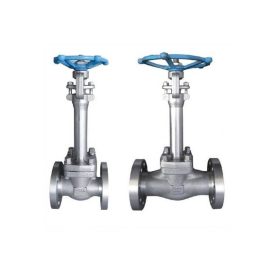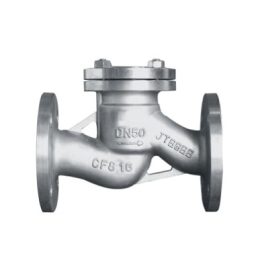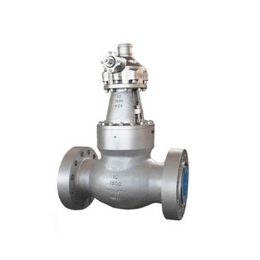Can Stainless Steel Flanges Be Corrosion Resistant?
Introduction
Stainless steel flanges are essential components in various industries such as petrochemical, oil and gas, and water treatment. They are used to connect pipes, valves, and other equipment in a piping system. One of the primary concerns when choosing a flange material is its resistance to corrosion. Corrosion can lead to structural failures, leaks, and other hazards. Therefore, it is crucial to understand the corrosion resistance of stainless steel flanges and how to select the appropriate material for your application.
Can Stainless Steel Flanges Be Corrosion Resistant? Yes, but…
Stainless steel is known for its corrosion-resistant properties, but not all types of stainless steel are created equal. Several factors affect the corrosion resistance of stainless steel flanges, including:
-
Type of stainless steel
There are different types of stainless steel, each with varying levels of corrosion resistance. The most commonly used types for flanges are 304 and 316. 304 stainless steel is a general-purpose austenitic stainless steel that is used in a wide range of applications. It has excellent corrosion resistance in many environments but is not suitable for use in highly corrosive environments. On the other hand, 316 stainless steel has higher corrosion resistance than 304 and is suitable for use in aggressive environments, such as saltwater and chemical processing.
-
Environment
The environment in which the flange will be used is a critical factor in determining its corrosion resistance. Factors such as temperature, humidity, and chemical exposure can all affect the corrosion resistance of stainless steel. For example, if the flange will be exposed to saltwater, 316 stainless steel is the best choice due to its higher resistance to chloride corrosion.
-
Surface finish
The surface finish of the flange can also affect its corrosion resistance. A smooth, polished surface is more resistant to corrosion than a rough, dull surface. The rough surface can trap moisture and contaminants, leading to corrosion.
-
Welding
Welding can affect the corrosion resistance of stainless steel flanges. If the welding is not done correctly, it can lead to crevice corrosion, which occurs in areas where oxygen is limited. Therefore, it is essential to use proper welding techniques and materials to avoid crevice corrosion.
How to Choose the Best Material for Your Project
When selecting a stainless steel flange for your project, consider the following factors:
-
Corrosion resistance requirements
Consider the environment in which the flange will be used and the level of corrosion resistance required. If the flange will be used in a highly corrosive environment, such as a chemical processing plant, 316 stainless steel is the best choice.
-
Cost
The cost of the material is also an important factor to consider. 316 stainless steel is more expensive than 304 stainless steel, so it may not be the best choice if it is not necessary for your application.
-
Availability
Ensure that the material you choose is readily available in the sizes and quantities you need. Otherwise, it may cause delays and additional costs.
Ways to Prevent Corrosion on Stainless Steel Flanges
Preventing corrosion on stainless steel flanges is crucial for their long-term performance and reliability. Here are some ways to prevent corrosion on stainless steel flanges:
- Choose the right material: As discussed earlier, choosing the right type of stainless steel based on the environment and corrosion resistance requirements is crucial.
- Proper surface finish: A smooth, polished surface can help prevent corrosion by reducing the surface area that can trap moisture and contaminants.
- Regular maintenance: Regular cleaning and maintenance can help prevent corrosion by removing any contaminants and preventing buildup.
- Avoid harsh chemicals: Avoid exposing the flanges to harsh chemicals that can damage the surface and reduce their corrosion resistance.
Conclusion
In conclusion, stainless steel flanges can be corrosion-resistant, but their level of resistance depends on several factors, including the type of stainless steel, environment, surface finish, and welding. When choosing a stainless steel flange for your project, consider the level of corrosion resistance required, cost, and availability. To prevent corrosion, regular cleaning and maintenance, proper installation, and surface treatment are recommended. By understanding the factors that affect the corrosion resistance of stainless steel flanges, you can choose the appropriate material and ensure the longevity and reliability of your piping system.
- How to Replace the Valve Flange Gasket
- Working Principle of Stop Back Valve
- “Understanding Floating Ball Valves: Essential Components for Reliable Fluid Control in Hydraulic Systems”
- Center Lined Butterfly Valve
- Pressure Seal Bonnet Check Valve
- Ball Valve Pressure Limitation And Troubleshooting Methods



